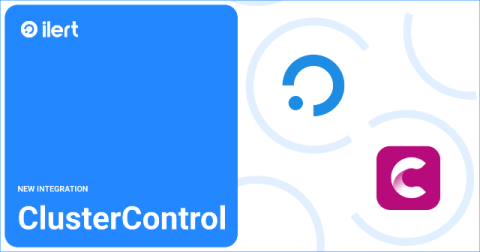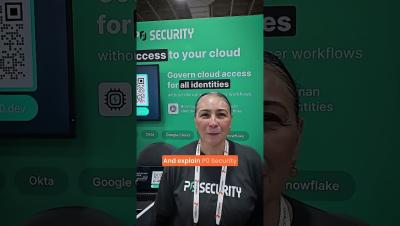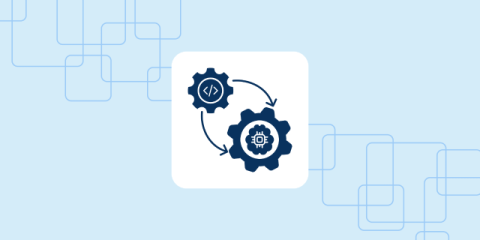Behind The Booth - 3 Questions Interview at KubeCon with Cerbos
Next up in our 3 Questions at KubeCon series, we chat with Alex Olivier from@CerbosDev Alex talks about his role, what Cerbos does, and breaks it down in a way even a 5-year-old can understand.#KubeConNA.











